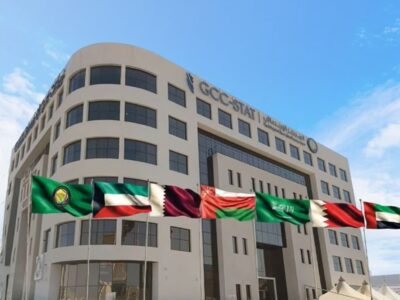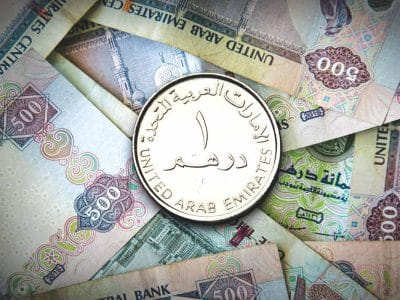Saudi Arabia’s economy had a mixed start to the year, with retail sales down and inflation up, according to a report released yesterday from Jadwa Investment.
The data, based on official Saudi figures released by the government, revealed that point-of-sale (POS) transactions dropped 19 percent month-on-month in January, after a 20 percent increase in December, prior to VAT implementation at the beginning of the year.
On a year-on-year basis, POS transactions rose by 4.3 percent.
Meanwhile, inflation rose in January 2018 by three percent year-on-year, and 3.9 percent month-on-month, which the report attributed to the implementation of VAT and utility and fuel price reform.
On January 1st the price of Octane 91 increased by 82 percent while 95 Octane rose 126 percent, while the imposition of VAT saw five percent added to the majority of goods and services.
The moves were part of a government drive to reduce subsidies and tackle a predicted deficit of $52 billion for 2018.
The report also showed that housing and utilities prices rose by 1.3 percent year-on-year, while food and beverages prices increased 6.8 percent year-on-year in January.
A separate report, the Emirates NBD Saudi Arabia Purchasing Managers’ Index (PMI), released today, also revealed the task facing the Saudi government to stimulate growth while shoring up public finances.
Figures showed that Saudi bank lending to private companies shrank for an 11th month in January, the longest stretch in at least two decades.
The decline in credit and consumer will likely concern finance ministers hoping for 2.7 percent growth this year after the economy shrank 0.5 percent in 2017.







